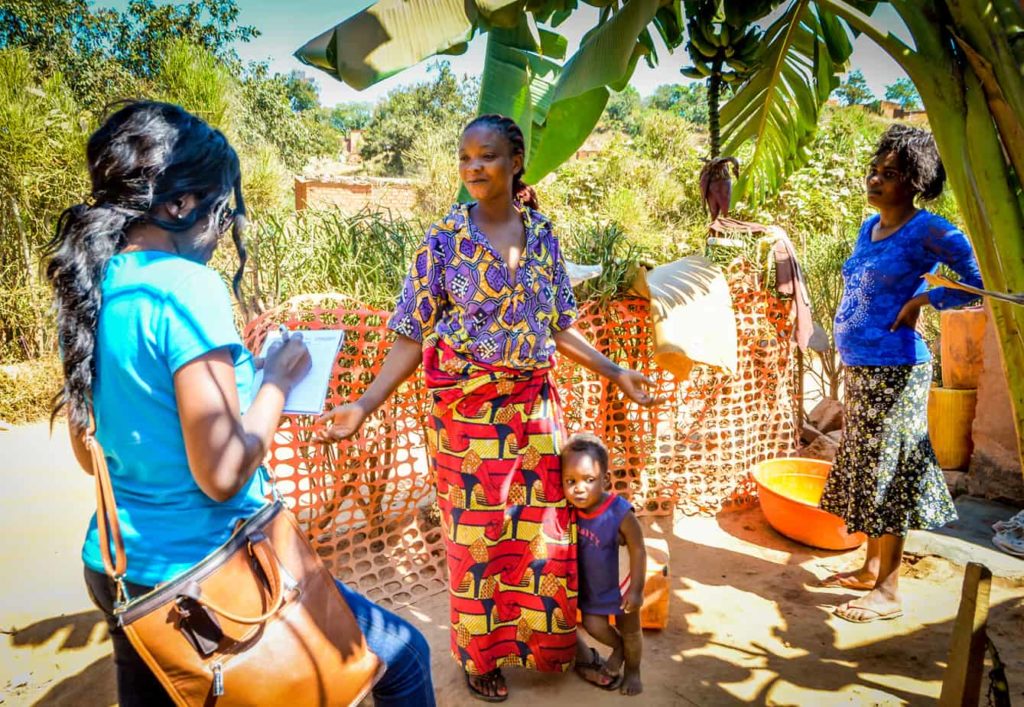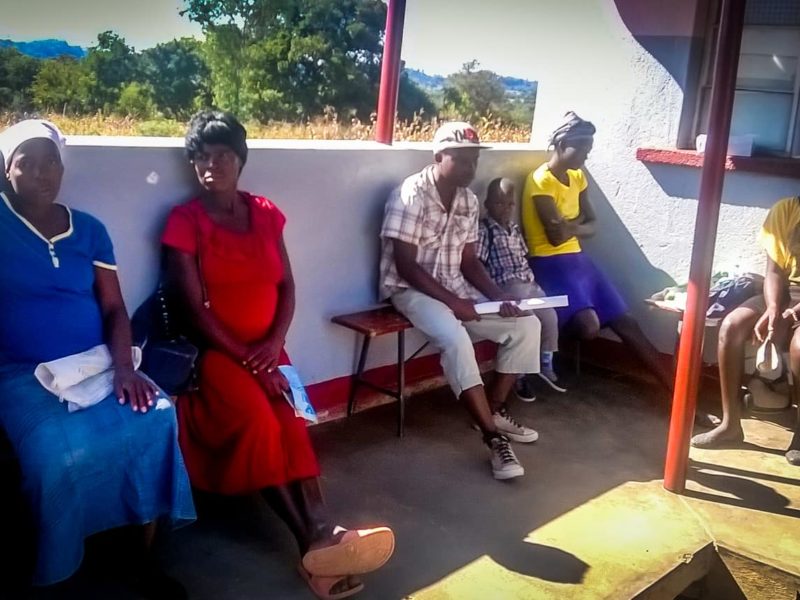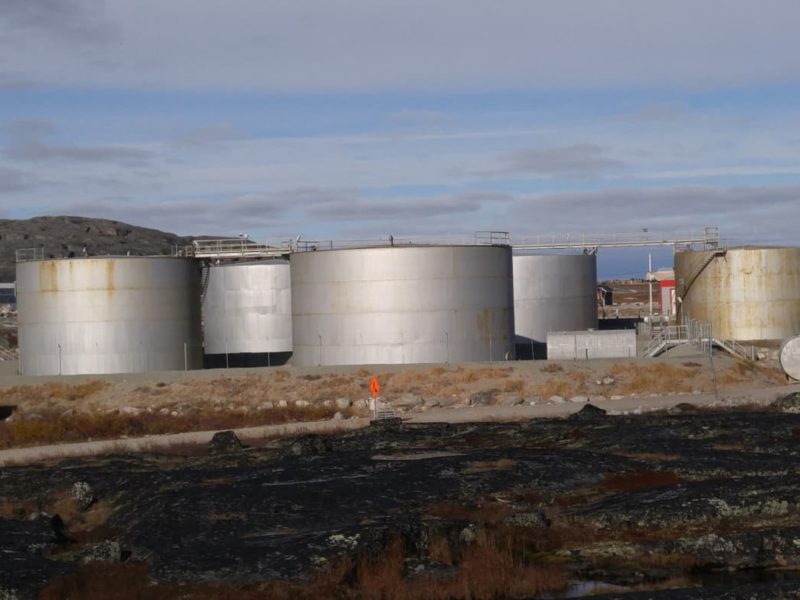
This is also where I began my reporting for the 2017 Access to Energy journalism fellowship. It’s a short flight, 45 minutes from my home city Lubumbashi, but this was my first time there.
I arrived on a mission to find out more about how people there are access power. World Bank data shows that only 13.5 per cent of people in the country has access to electricity. In rural areas, the situation is much worse, 0.4 per cent of the population has access. My reporting focused on why inhabitants may rely on giant mining projects to address their electricity needs.
I was anxious as I arrived about the living conditions in such an unfamiliar environment. I had to ensure that my phone and laptop were fully charged. This is because even a mineral-rich town like Kolwezi has a fluctuating power supply.
My anxiety felt justified when, as soon as I started my reporting, the lights went out. No one had any idea when power would be restored. I had to turn off my computer in order conserve the battery and power my phone from the computer as needed. Fortunately, this time, the power outage didn’t last for long.
Relieved that I was able to charge everything, I then traveled to three cities to some 100km away from Kolwezi. I was going to very remote regions so I got help from the person in charge of the local Christian radio station. He told me that the roads where we were going were in such poor condition that we needed to take a motorcycle to access the communities.

When we arrived, residents in the three towns were friendly. Community members were forthcoming with answers to my questions because having energy is a real concern to them. Without a source of power provided by the government, some residents are creating their own solutions. As we went up and down the streets we saw a few solar panels that powered shops with electricity and solar street lamps that were spread out either on the roof or on the walls in front of the dwellings.
People were figuring out how to take care of themselves and I was really grateful for that. In the middle of the bush, my phone was about to die. As a journalist, my phone is essential to my work so I adapted myself to the local realities. I paid 200 Congolese francs (the equivalent of about 60 cents in Canada) to charge my phone in a small telephone booth powered by solar energy. This is something many residents who don’t have electricity in their homes do on a regular basis.
Seeing the impact of a lack of energy on these remote communities made me even more compelled to write my story about whether energy poverty can be solved by resource extraction companies.
I’ll leave you with a quote from a 2015 report by the World Bank: “Power–mining integration can create a win-win situation. Mining companies could be anchor customers for utilities, facilitating generation and transmission investments by producing the economies of scale needed for large infrastructure projects, in turn benefiting all consumers.”[end]
The Access to Energy Journalism Fellowship (AEJF) is a fellowship opportunity aimed at enabling deep, critical reporting on energy poverty globally. In 2017, we selected four reporters who wanted to tell stories deeply rooted in people’s lived experiences in sub-Saharan Africa. These stories shed light on how different countries in the region are grappling with energy issues in a time of climate change, and what that might mean for the future.
This piece was edited by Lindsay Sample and copy edited by Katie Lewis.



